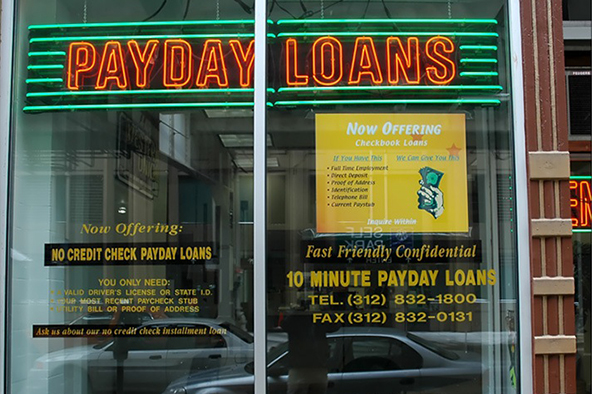American Express Non-Compliance Chargebacks

American Express will issue a non-compliance chargeback if a charge does not meet the terms of the merchant’s card acceptance agreement and the cardholder claims it is fraudulent or the amount proves to be otherwise uncollectible. Examples include charges with no authorization approval code and charges with no signature. Merchants sometimes receive an inquiry prior to receiving a non-compliance chargeback.
The following table lists some of the items that qualify as non-compliance chargebacks:
|
Chargeback Category Type – Non-Compliance |
Definition of Chargeback |
|
Non-matching Account Number |
The account number does not match any cardholder file on American Express’ database. |
|
No Imprint / No Swipe |
The charge was not imprinted (paper submitters only) or swiped (EDC* submitters only) at the time of the sale. |
|
Late Presentment |
The transaction was submitted 30 days or more after it was incurred without a new approval code. |
|
Duplicate Processing |
The transaction was processed more than once for the same cardholder, for the same transaction amount and on the same transaction date. |
|
No Authorization / Declined Authorization |
The transaction did not have a valid authorization approval code. |
|
No Signature |
The charge did not contain a signature. |
|
Incorrect Account Number |
The account number on the charge was incorrect. |
|
Expired Card |
The account number had an expired date. |
|
Cancelled Account |
The account number was canceled. |
|
No 6 Digit Authorization Code |
You failed to obtain a six-digit authorization approval code number during the transaction authorization. |
|
Not Shipped to Billing Address |
The merchandise was not shipped to the cardholder’s billing address. |
*Electronic Data Capture (EDC) is the process used by merchants to electronically capture transaction data at the point-of-sale and submit them electronically for payment. The process uses a device, such as a terminal, personal computer or electronic cash register, to electronically capture the transaction information. The data are then transmitted for payment, typically over telephone lines.
Non-compliance chargebacks are typically caused either by not following best payment processing practices or by processing fraudulent transactions. We have previously discussed both issues in regards to Visa and MasterCard transactions at length in multiple articles in this blog, but the same basic rules apply to American Express charges. Whether processing payments in a face-to-face environment, online or over the phone, it is the merchant’s responsibility to ensure that:
- The customer is an authorized user of the presented card.
- The card is valid and has not been altered in any way (card-present setting).
- The card has not expired.
- Authorization approval is received for all transactions that are above the merchant’s floor limit. In card-not-present environment the floor limit is zero, which means that all transactions must be authorized.
- The billing address provided by the customer matches the one on file with American Express (card-not-present transactions). Verification is obtained through the Automated Address Verification service.
- The Card Identification Number (CID) matches the one on file with American Express (card-not-present transactions).
- The customer signs the sales receipt or, in card-not-present environment, provides verbal or electronic authorization.
- The transaction is deposited on or within five calendar days of the transaction date. For card-not-present transactions, the transaction date is the shipping date, not the order date.
Image credit: Wikimedia Commons.


